First witness takes stand in Hartmann trial
The first defense witness in the trial of Florence Hartmann at the Hague Tribunal took the stand yesterday.
Wednesday, 17.06.2009.
13:01

The first defense witness in the trial of Florence Hartmann at the Hague Tribunal took the stand yesterday. Hartmann, herself a former Hague prosecution spokeswoman, is accused of contempt of court. First witness takes stand in Hartmann trial The Tribunal indicted Hartmann last August after she published two confidential decisions taken by the Appeals Chamber in the trial of the late Yugoslav President Slobodan Milosevic. The former spokeswoman voiced her anger with the Tribunal’s decision to uphold Serbia’s motion to study certain documents from state archives behind closed doors, thus making them unavailable to the public, in both her book, “Peace and Punishment“, published in 2007, and an opinion piece, “Hidden Key Documents on Genocide“, published in Bosnia-Herzegovina in 2008. She believes that parts of the state archive viewed behind closed doors at the Tribunal contained key evidence of Belgrade’s alleged responsibility for the genocide in Srebrenica, adding that Serbia exploited the Tribunal’s decision by preventing these documents being entered into evidence during Bosnia-Herzegovina's lawsuit against the former Yugoslavia for genocide. The defense’s first witness, French human rights and legal expert Louis Joinet, said that Hartmann, as a journalist and citizen, had exercised her right to study matters of public significance, pertaining to war crimes and alleged responsibility for concealing documents, as the accused stated in the divisive texts. “She [Hartmann] spoke only of the judges’ motives, not of the contents of the confidential documents,“ said Joinet, adding that freedom of expression, as a fundamental human right, was “key to justice“ and that restricting it was only possible if it did not jeopardize the main goal, which was to sanction the perpetrators of crimes. Joinet, who has written an article criticizing the proceedings being pursued against Hartmann, said that when establishing contempt of court, what was important was whether the information in question had been published during the course of the trial or afterwards, when there was no chance of it affecting the course of justice, as was the case here. The trial, which will continue with the cross-examination of the witness by the prosecution, will see Humanitarian Law Center Director Natasa Kandic appearing as another defense witness. Hartmann worked as former Hague Chief Prosecutor Carla Del Ponte’s spokesman between 1999 and 2006, and, before that, as French daily Le Monde’s Balkan correspondent. If found guilty of contempt of court, she could face a seven-year jail sentence or a fine of up to EUR 100,000. Florence Hartmann (Fonet, archive)
First witness takes stand in Hartmann trial
The Tribunal indicted Hartmann last August after she published two confidential decisions taken by the Appeals Chamber in the trial of the late Yugoslav President Slobodan Milošević.The former spokeswoman voiced her anger with the Tribunal’s decision to uphold Serbia’s motion to study certain documents from state archives behind closed doors, thus making them unavailable to the public, in both her book, “Peace and Punishment“, published in 2007, and an opinion piece, “Hidden Key Documents on Genocide“, published in Bosnia-Herzegovina in 2008.
She believes that parts of the state archive viewed behind closed doors at the Tribunal contained key evidence of Belgrade’s alleged responsibility for the genocide in Srebrenica, adding that Serbia exploited the Tribunal’s decision by preventing these documents being entered into evidence during Bosnia-Herzegovina's lawsuit against the former Yugoslavia for genocide.
The defense’s first witness, French human rights and legal expert Louis Joinet, said that Hartmann, as a journalist and citizen, had exercised her right to study matters of public significance, pertaining to war crimes and alleged responsibility for concealing documents, as the accused stated in the divisive texts.
“She [Hartmann] spoke only of the judges’ motives, not of the contents of the confidential documents,“ said Joinet, adding that freedom of expression, as a fundamental human right, was “key to justice“ and that restricting it was only possible if it did not jeopardize the main goal, which was to sanction the perpetrators of crimes.
Joinet, who has written an article criticizing the proceedings being pursued against Hartmann, said that when establishing contempt of court, what was important was whether the information in question had been published during the course of the trial or afterwards, when there was no chance of it affecting the course of justice, as was the case here.
The trial, which will continue with the cross-examination of the witness by the prosecution, will see Humanitarian Law Center Director Nataša Kandić appearing as another defense witness.
Hartmann worked as former Hague Chief Prosecutor Carla Del Ponte’s spokesman between 1999 and 2006, and, before that, as French daily Le Monde’s Balkan correspondent.
If found guilty of contempt of court, she could face a seven-year jail sentence or a fine of up to EUR 100,000.

















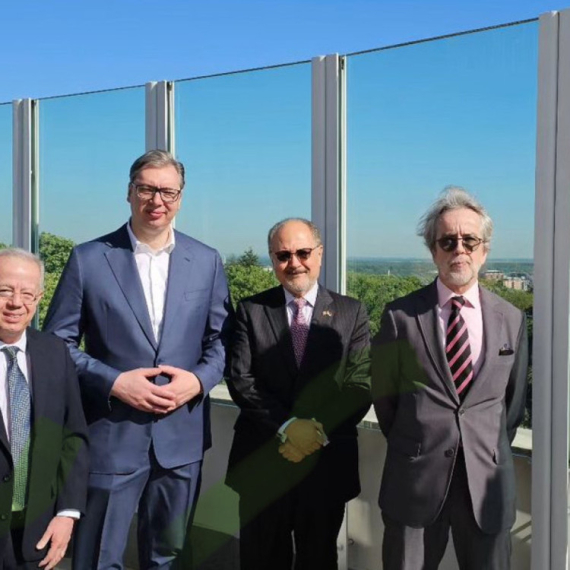
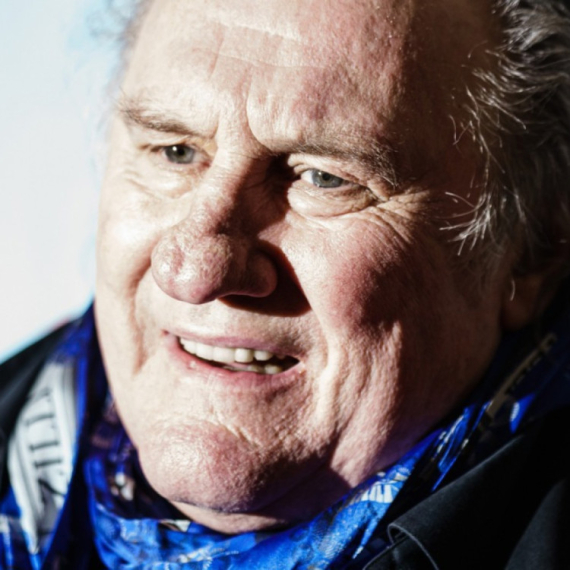
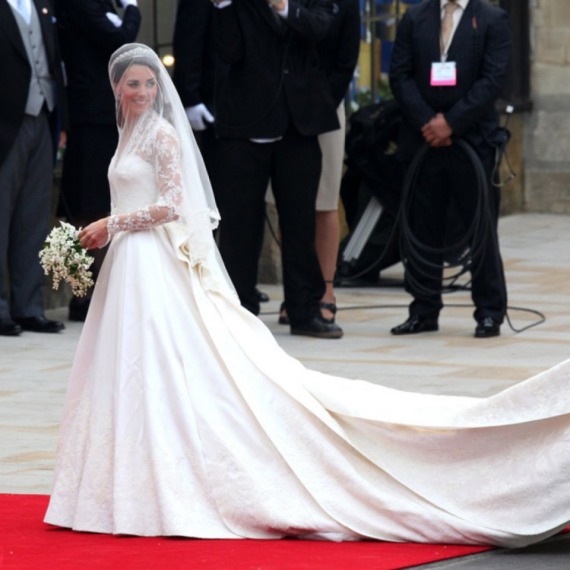
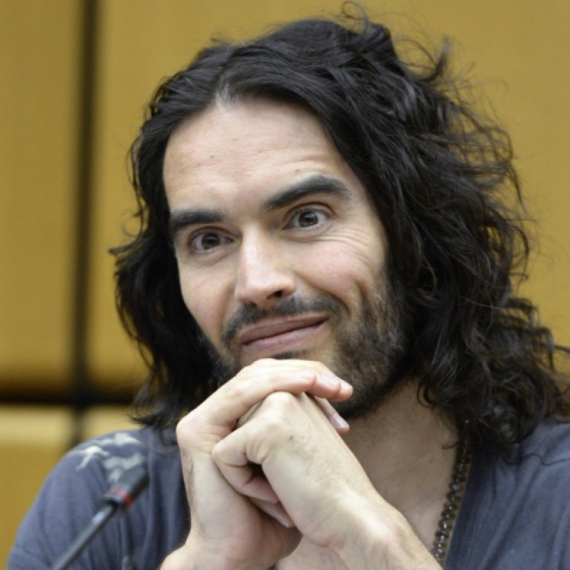









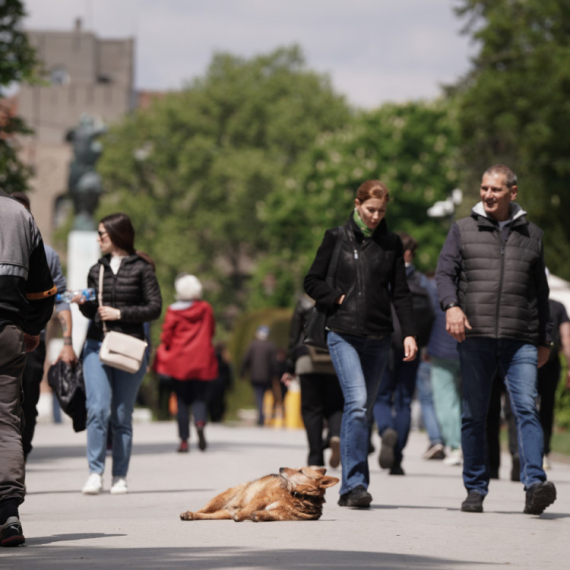

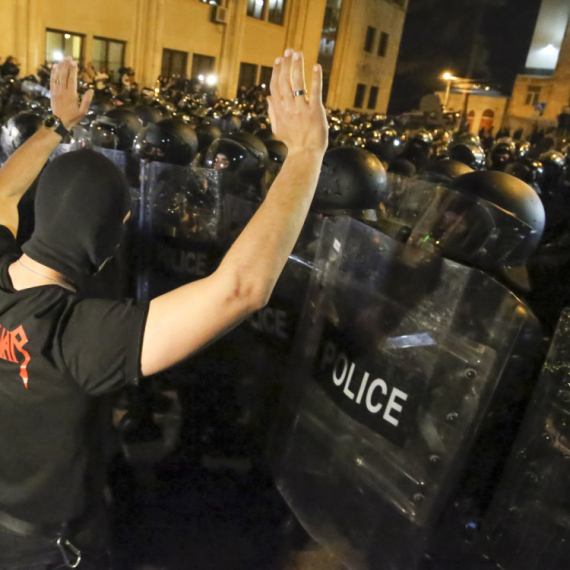











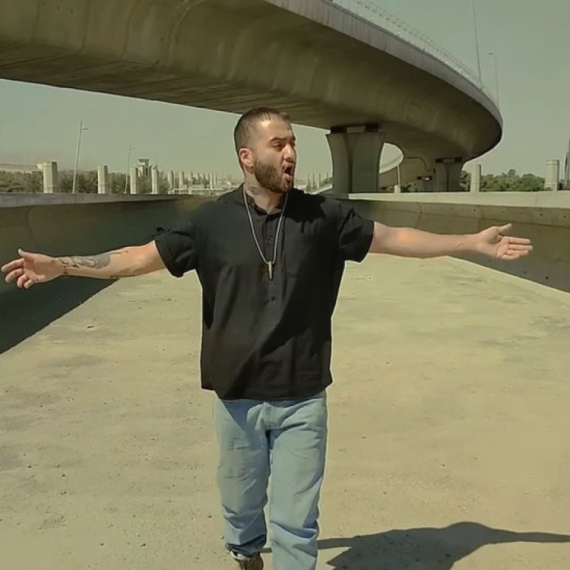




Komentari 8
Pogledaj komentare